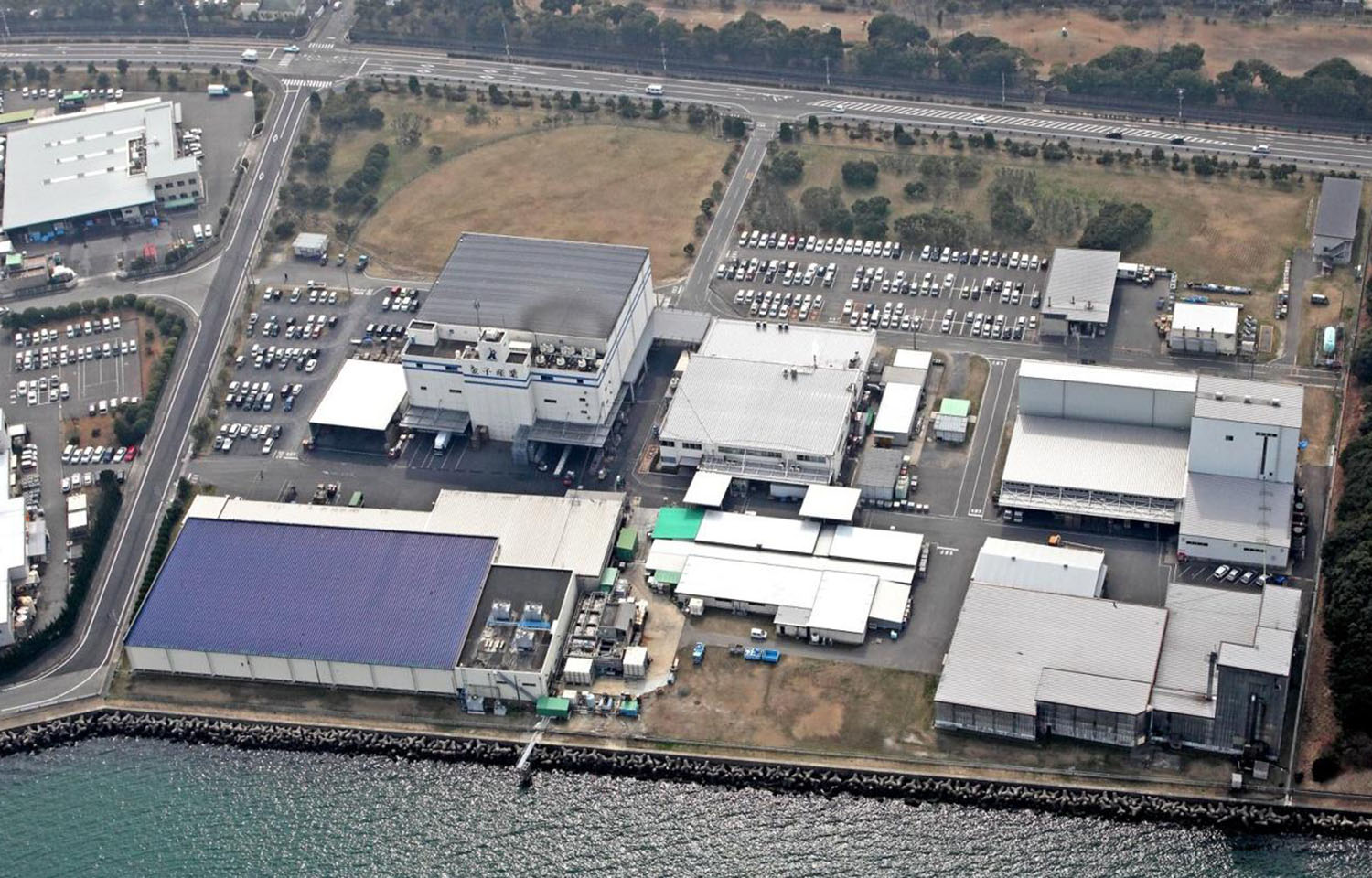Nissui is merging its domestic tuna-farming business into one entity.
The operations of Kaneko Sangyo Co. and Seinan Suisan Co. have been combined into Nissui Maguro Co., which will operate under the banner of Kaneko Sangyo, the Tokyo, Japan-based conglomerate said in a 12 July announcement.
The newly established entity – to begin operating 1 October 2024 – will be led by President and CEO Tomoki Kimura, who previously led Kaneko Sangyo, according to a press release. It follows Nissui’s yellowtail business consolidation model forged from the merger between Kurose Suisan Co. and Satsuma Suisan Co. in 2023.
Nissui Maguro will specialize in the farming of bluefin tuna, combining Kaneko Sangyo's Aquaculture Department and Aquaculture Technology Promotion Department with Seinan Suisan's Aquaculture Department and building a supply chain for farmed tuna in cooperation with related companies within the group, according to Nissui.
Seinan Suisan was acquired by Nissui in 2006, and Kaneko Sangyo was absorbed by Nissui in 2012. While Nissui has captured a 20 percent share of Japan’s domestic farmed tuna market, it suffered from deteriorating financial performance since 2018 due primarily to fish disease, red tides, and typhoons. Nissui said internal efforts made since 2021 improved their performance, including the integration of feed and equipment purchases and its human resource management and sales contact points.
Nissui Maguro had JPY 498 million (USD 3.2 million, EUR 2.9 million) in listed capital in 2023. Kaneko Sangyo had capital of JPY 90 million (USD 570,000, EUR 523,000) and Seinan Suisan had JPY 150 million (USD 950,000, EUR 872,000) in capital in 2023.
With the consolidation, Nissui Maguro will receive bluefin tuna seedlings caught via purse seine by Nissui subsidiary Kyowa Suisan Co., use feed supplied by Nissui Group member Farm Choice Co., and use the processing capacity of Kaneko Sangyo’s Food Department. Domestic farmed bluefin sales will be handled jointly by Kaneko Sangyo and Nissui.
"By strengthening its value chain, Nissui will continue to deliver new foods that contribute to healthy lives and a sustainable future,” Nissui said.
Nissui said it plans to increase the proportion of short-term aquaculture at Nissui Maguro’s Ine facility and its other facilities in Kyushu, Japan. At those facilities, bluefin weighing an average of 100 kilograms are fattened for around six months. The shift from longer-term aquaculture, under which bluefin are raised from 2 kilograms to harvest size over three to five years, will reduce the company’s exposure to environmental risks, it said. Short-term bluefin aquaculture also reduces costs and produces flavors more similar to wild-caught tuna, according to Nissui.
Nissui is competing with two other seafood giants, Maruha Nichiro and Kyokuyo, for share of Japan's farmed bluefin market.
Nissui vowed to comply with Pacific bluefin tuna fishing quota regulations and national rules for bluefin aquaculture, use fish species that are resource-stable for feed, strengthen and improve the measurement of the rearing environment, reduce the use of antibiotics and other drugs, and expand the use of compound feed. The company has prioritized sustainability initiatives under the leadership of Nissui President and CEO Shingo Hamada. It achieved Marine Stewardship Council (MSC) certification for tuna purse-seine fisheries in the Western Central Pacific Ocean in March 2023.
“We will also aim to eliminate plastic from aquaculture and shipping materials and comply with Scope 3 in reducing CO2 emissions,” Nissui said.
In February, Nissui said it had allocated JPY 20 billion (USD 133 million, EUR 123 million) for acquisitions and JPY 120 billion (USD 800 million, EUR 740 million) for improving its food processing capacity and capabilities. A significant part of that investment will be focused on the U.S. and E.U., with the announcement Nissui will spend JPY 17 billion (USD 113 million, EUR 105 million) to add capacity at Gloucester, Massachusetts, U.S.A.-based Gorton’s – which manufactures and sells frozen seafood products in North America – and Plumerine, France-based Keranna Productions – which produces frozen and chilled fried whitefish and alternative protein products.








